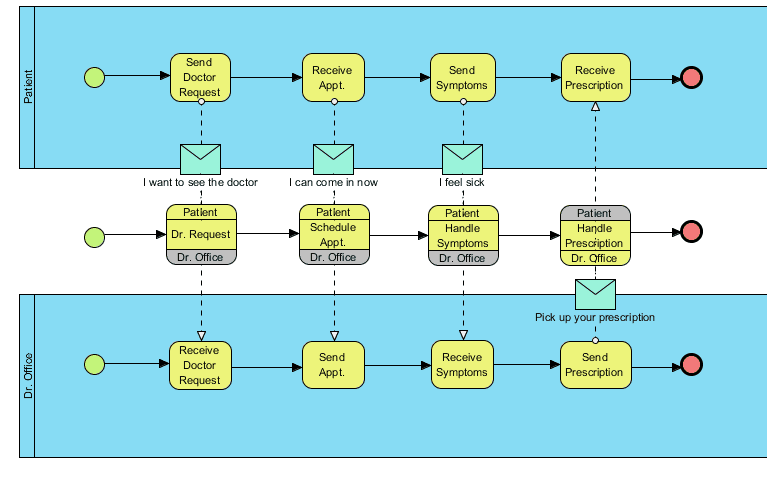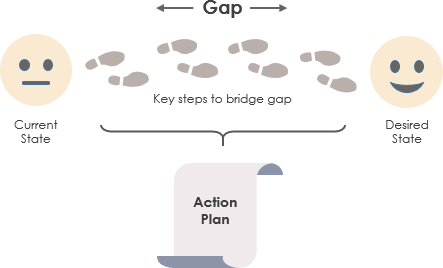Business Process Model and Notation (BPMN) is a standardized graphical notation for modeling and documenting business processes. It is widely
Continue readingCategory: BPMN
Case Study: Implementing BPMN for Issue Resolution Process
Introduction Business Process Model and Notation (BPMN) is a powerful tool for visualizing and managing business processes. This case study
Continue readingBPMN vs Flowchart vs Activity Diagram: A Comprehensive Review
Business Process Model and Notation (BPMN), Flowcharts, and Activity Diagrams are three popular tools used for modeling and visualizing processes.
Continue readingComprehensive BPMN Tutorial for Business Process Modelers
Business Process Model and Notation (BPMN) is a powerful tool for visualizing, analyzing, and improving business processes. This tutorial will
Continue reading
Modeling As-Is and To-Be Processes
Modeling As-Is and To-Be processes is a critical aspect of business process management that allows organizations to analyze current operations
Continue reading
BPMN Tutorial: Understanding Business Process Modeling with a Case Study
Introduction to BPMN Business Process Model and Notation (BPMN) is a graphical representation used for specifying business processes in a
Continue reading
Simplify Business Process Modeling with Visual Paradigm’s BPMN Tools
Introduction Business Process Model and Notation (BPMN) is a graphical representation of business workflows that helps stakeholders easily understand and
Continue reading
Mastering Visual Paradigm’s BPMN Tool: A Step-by-Step Learning Guide
Visual Paradigm’s BPMN tool is a powerful online solution for creating, analyzing, and improving business processes. To help you get
Continue reading
What is Case Management Model and Notation (CMMN)
CMMN is a graphical notation used for capturing work methods that are based on the handling of cases requiring various activities that may be performed in an unpredictable order in response to evolving situations. Using an event-centered approach and the concept of a case file, CMMN expands the boundaries of what can be modeled with BPMN, including less structured work efforts and those driven by knowledge workers. Using a combination of BPMN and CMMN allows users to cover a much broader spectrum of work methods.
Continue reading
How to Perform Gap Analysis with BPMN?
Gap analysis involves the comparison of actual performance with potential performance. For example, a company does not make the best use of current resources, it may perform below an idealized potential. In other words, gap analysis is the process people use to examine their current state (or as-is process) with their desired state (to-be process) of a company. It typically is used to determine if the company is meeting expectations and effectively using resources that measure time, money and labor. The management team can then create an action plan to move the organization forward and close the performance gap.
Continue reading